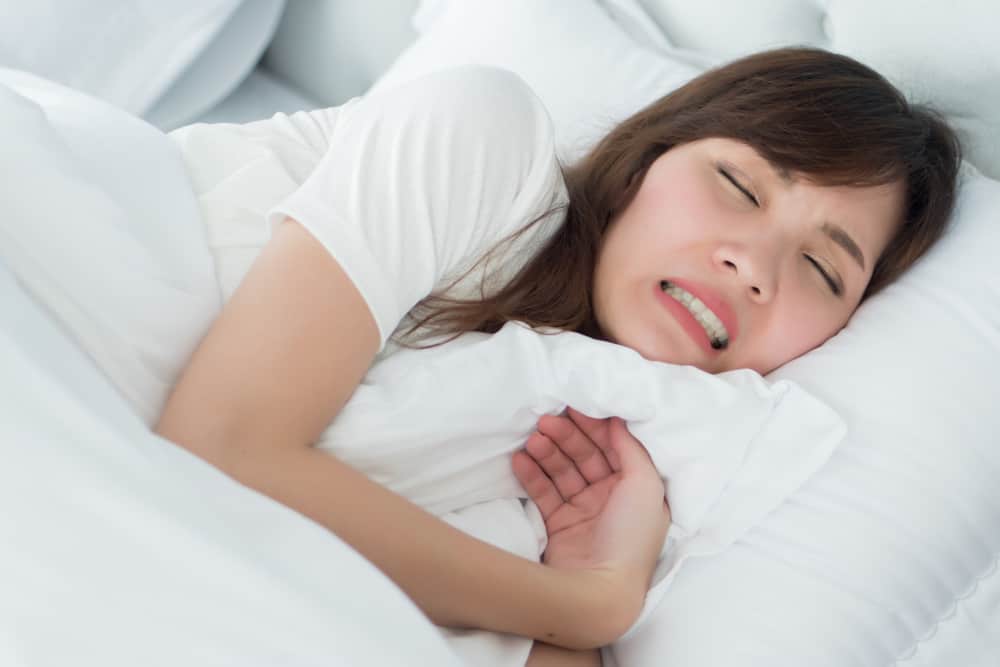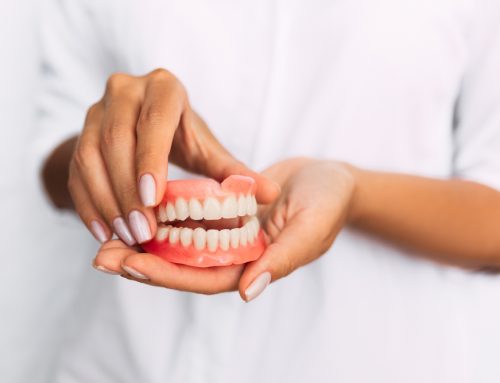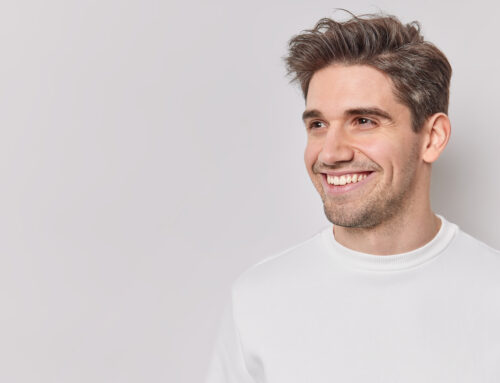Grinding your teeth (a.k.a. Bruxism) is fairly common for many people and while if it only happens on occasion it’s not detrimental. Grinding your teeth frequently though can cause damage to the teeth and other oral health complications.
If you’ve woken up in the morning with jaw pain or notice yourself stressed and clenching your teeth, then you might need to request a dental appointment to make sure your teeth haven’t been damaged.

Why Do I Grind My Teeth?
It’s a general rule of thumb that if you’re grinding your teeth during the day (and often at night) that it’s due to stress and anxiety. If you suffer from bruxism during your sleep it could be because of sleep apnea or another sleep disorder as well. People that have an abnormal bite or crooked teeth are more likely to experience teeth grinding at night.
How Do I Know If I Grind My Teeth?
It’s quite common to be unaware of bruxism or teeth grinding if it only occurs at night unless you have a spouse or loved one that hears it while trying to sleep. If however you often wake up with a sore jaw or headache, it could be caused by frequent teeth grinding.
If you believe that you are grinding your teeth during the night, give us a call at (817) 431-5514 to schedule an appointment with Dr. Tyson Pickett, DDS FAGD. We can examine your mouth and jaw for signs of damaged caused by bruxism.
What Will Grinding My Teeth Do To My Teeth
Damage to the teeth frequently varies by the individual, their genetics, and the level to which they are grinding their teeth. If you notice any of the following, you should schedule a dental appointment immediately:
- Fractured Teeth
- Loose Teeth
- Missing Teeth
- Teeth that Feel Flattened or Less Sharp
- Jaw Tenderness
- Headaches
If you don’t stop grinding your teeth, then you might end up needing bridges, crowns, implants, partial or even complete dentures, or possibly root canals to repair the damage.
What Can I Do To Stop Grinding My Teeth?
There are many factors that can have an effect on bruxism. Studies show that by reducing caffeine intake, avoiding alcohol, and avoiding chewing things aside from food while practicing jaw relaxation techniques can help with reducing the intensity of your teeth grinding.



